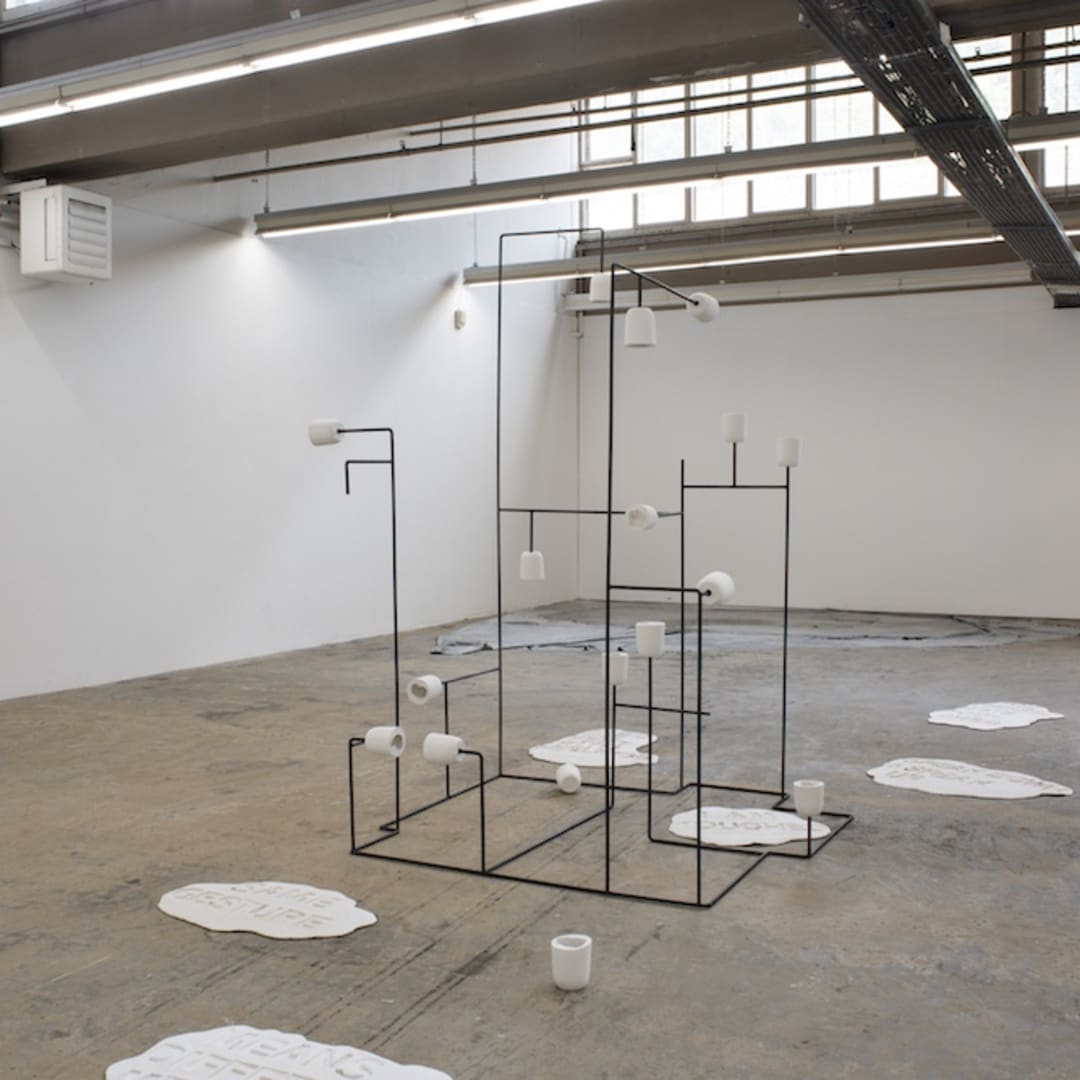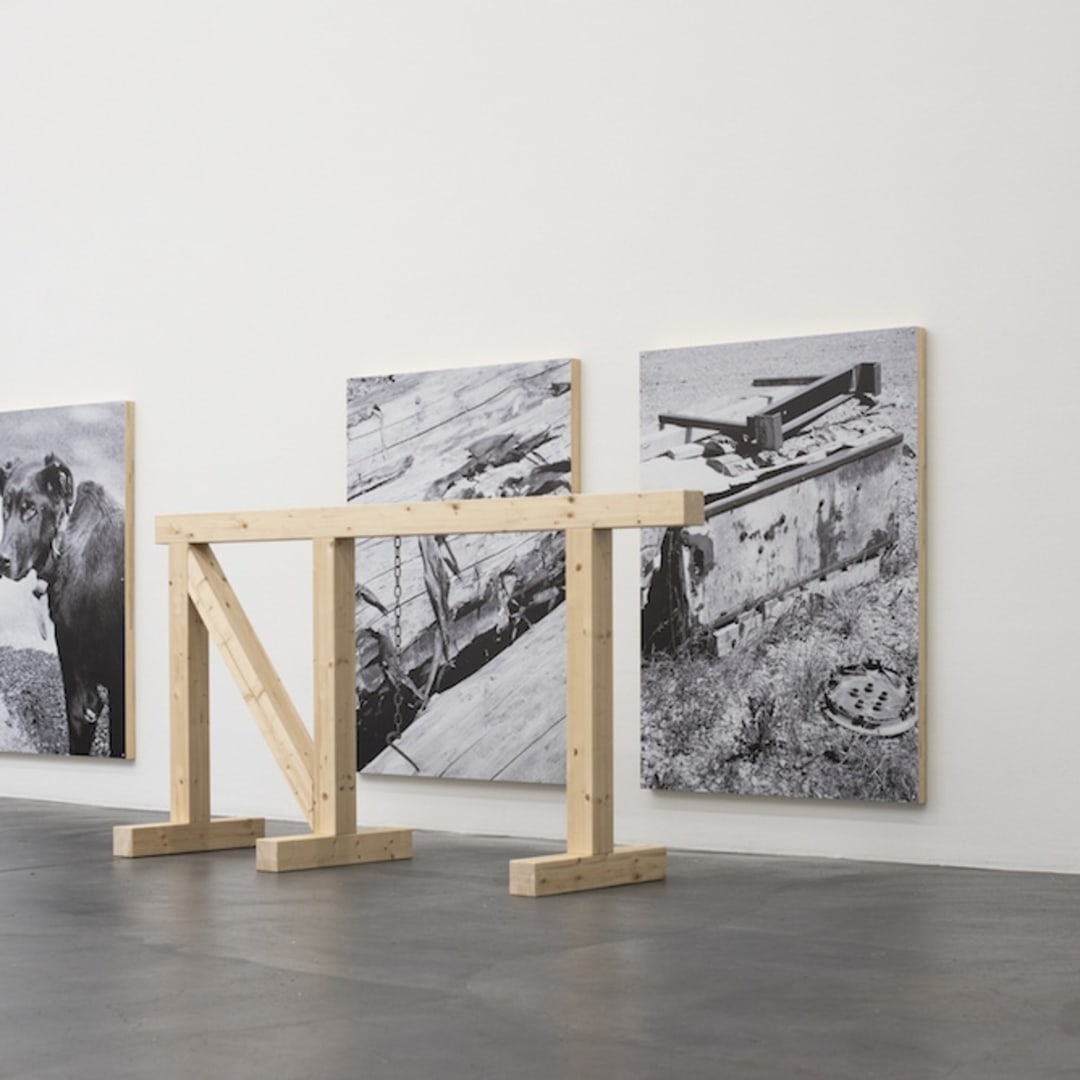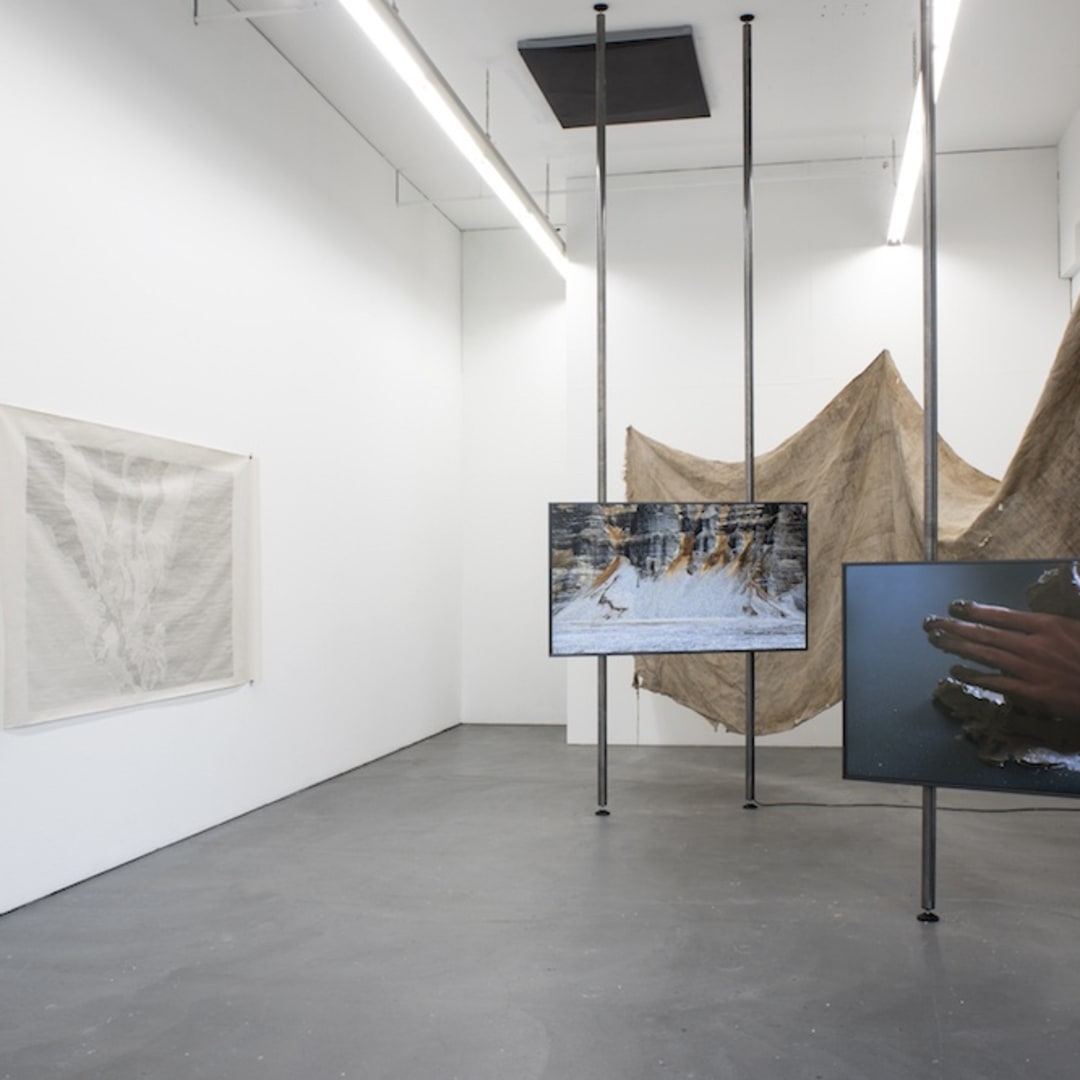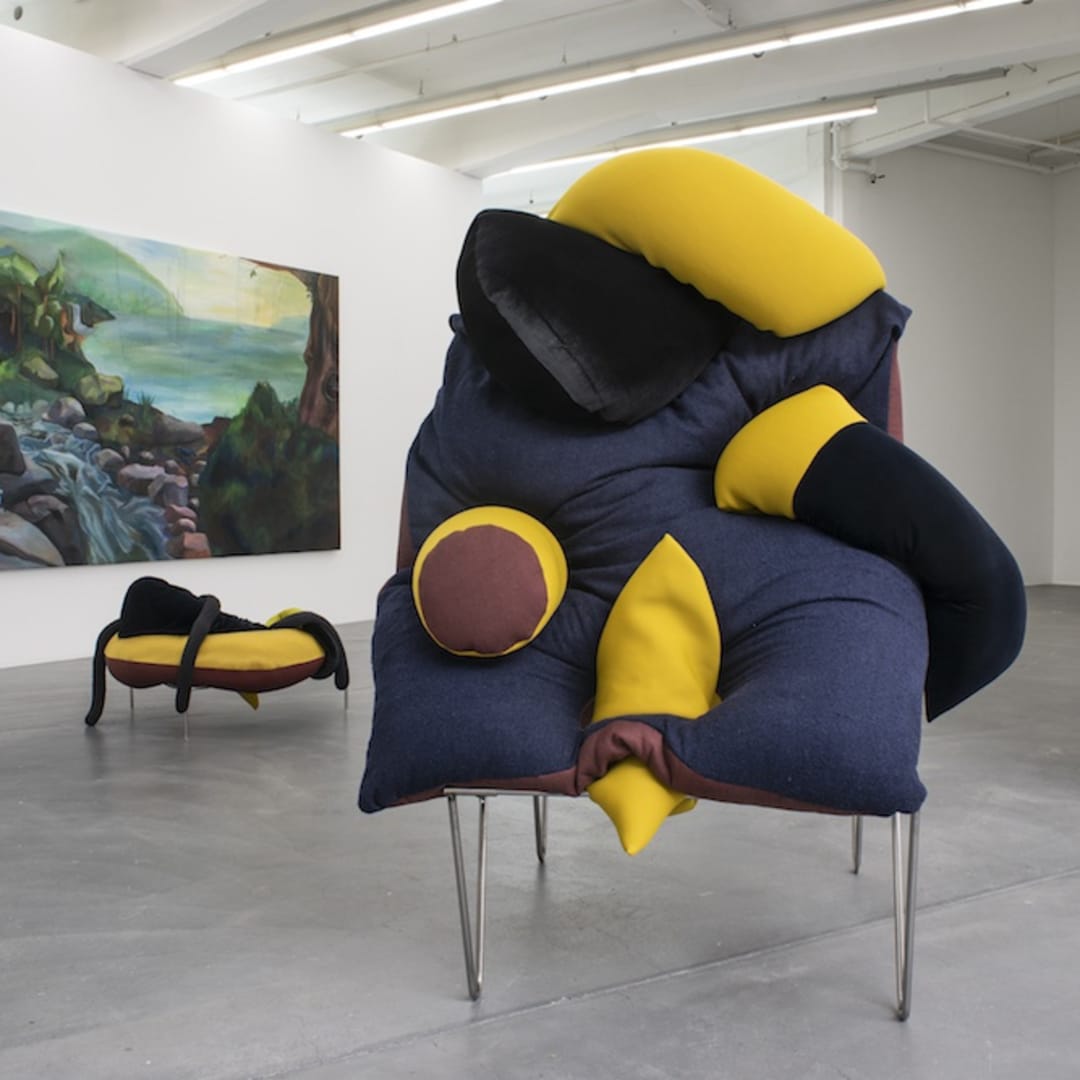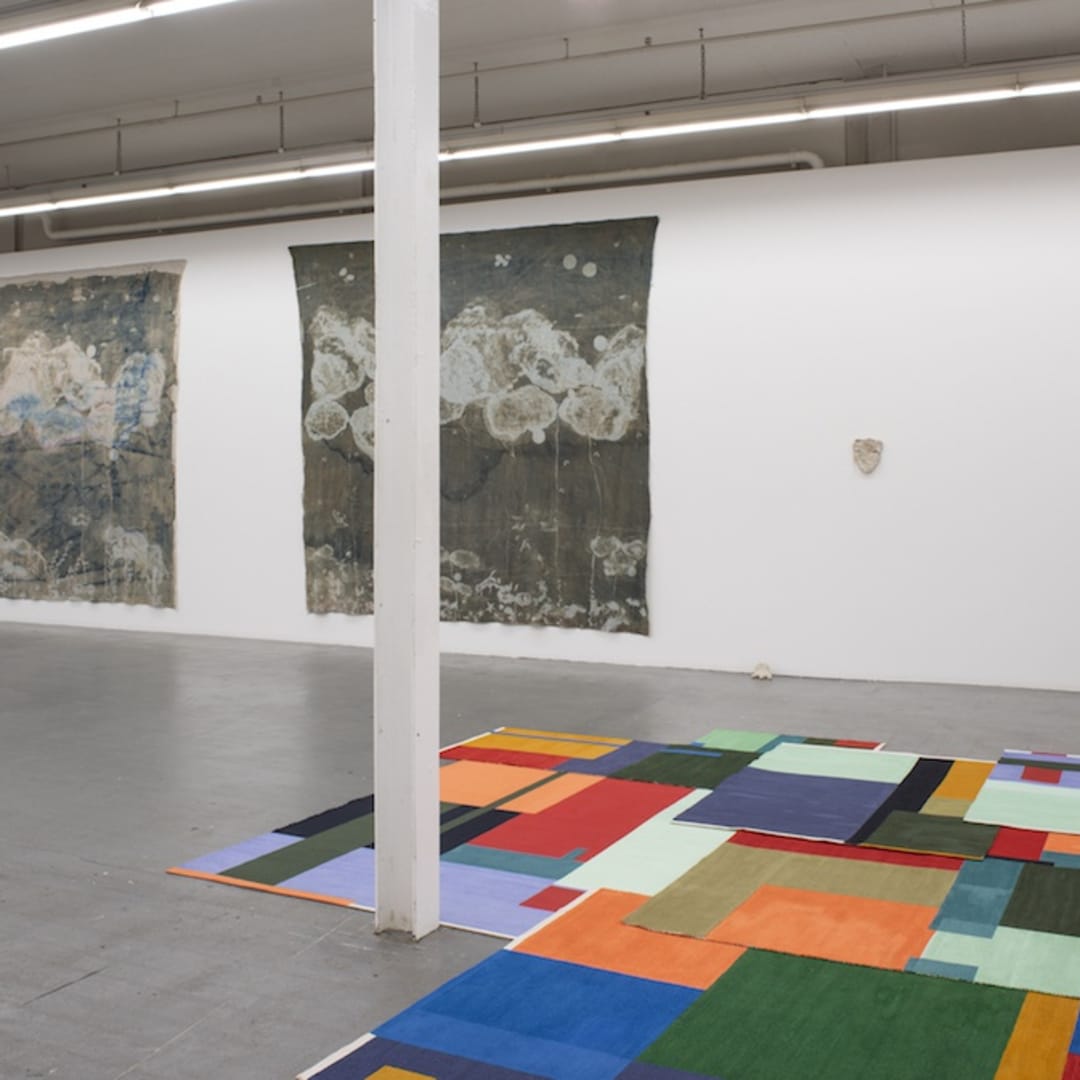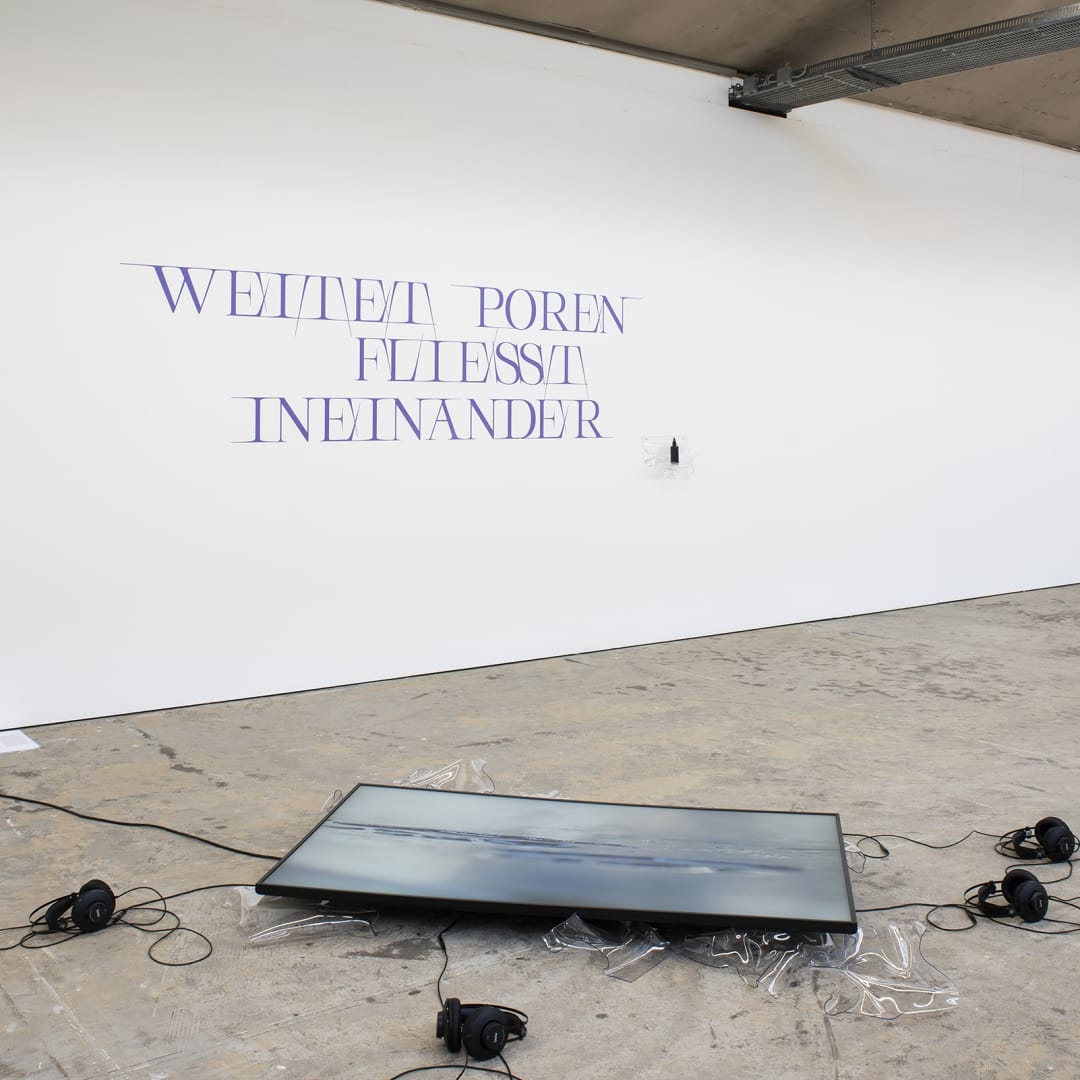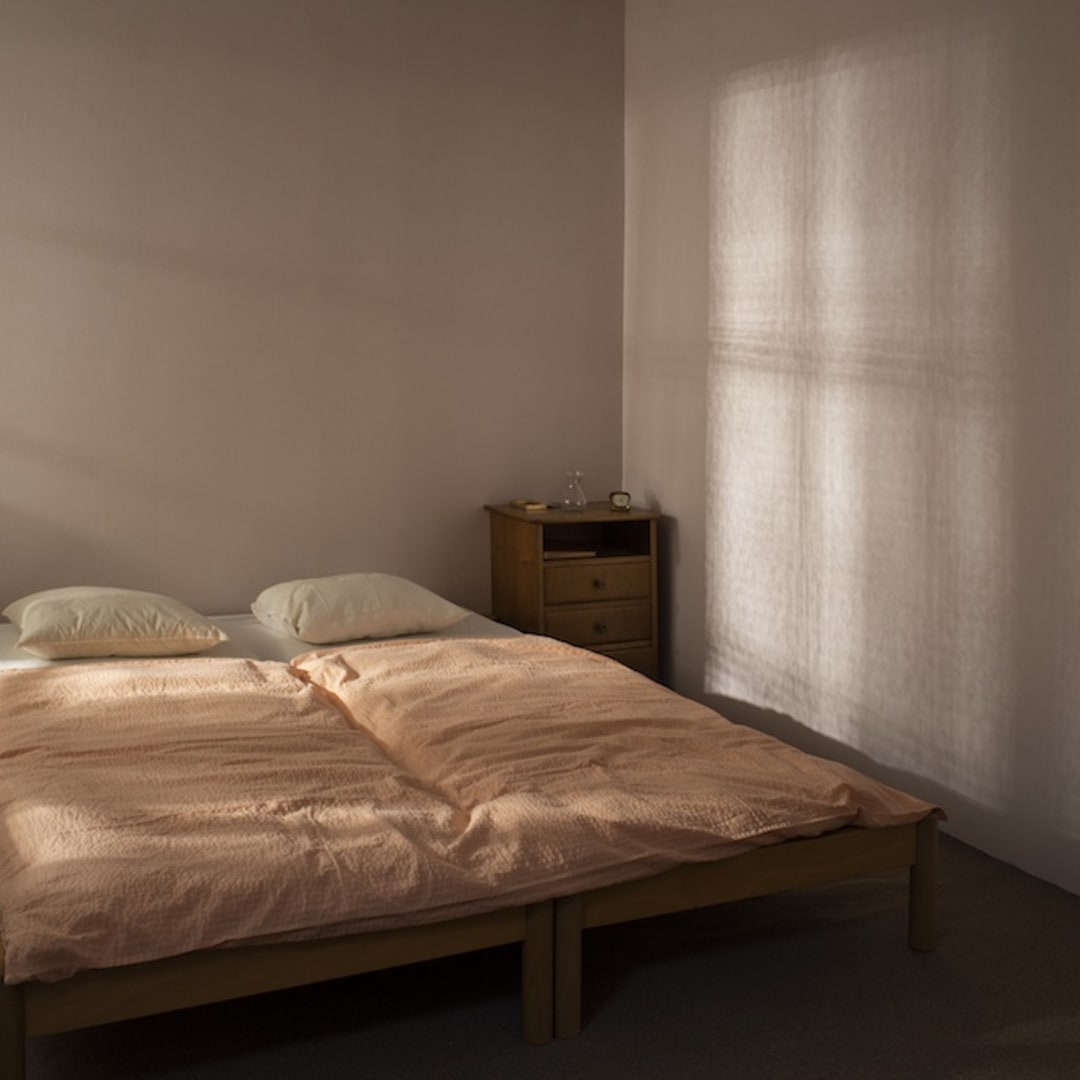Life, Love, Justice "Next Generation"
group show
August 23 - August 30, 2020
This year's Bachelor's and Master's diploma exhibition of the Institut Kunst HGK FHNW in Basel - curated by Nikola Dietrich, Director Kölnischer Kunstverein, and Chus Martínez, Head of the Institut Kunst - shows newly created works by 50 artists.
For the fifth time, the final exhibition of the Institut Kunst is taking place at the Kunsthaus Baselland. The fact that this project is a guest in an institution important for contemporary art and the cooperation of Chus Martínez with guest curators reflects the peculiarity of this moment in the training of artists: It emphasizes the transition from the supervised environment of the art school to the challenges of the career of professional artists. The project is also a result of the cultural density of Basel and Baselland.
Life, Love, Justice is the most extraordinary exhibition we have both made - and undoubtedly the most desired one. In the last semester of their bachelor's or master's degree program at the Institut Kunst HGK FHNW in Basel, the artists, like all of us, were restricted in their freedom of movement. But they were also deprived of the opportunity to continue their artistic activities in the studios and workshops. As a practice, art is highly dependent on touch, on building a continuous and constant relationship with material, with people, with life. Suddenly, a threatening question prevailed in our minds: Is art even possible under these circumstances? How will this new status quo affect the younger generations of artists? How will we be able to maintain contact with each other? And the dialogue within an expanded community of artists? Art and artists have played a decisive role in society by raised their voices and committed themselves to social justice and the environment, equality and values of empathy and care with their works.
All works presented in this exhibition were created under special circumstances. They emerged from a radical uncertainty: In view of the global state of emergency, was it still possible to think and produce? The situation forced all artists to question their own practice, to research alternative production methods and to imagine their works without actually being able to implement them. After a moment of despair, the general answer was: Yes, art still makes sense. Art became the source of an experience that was so different from that imposed by the pandemic that it was perceived as a kind of healing element. The touch, of the importance of which art has been aware for centuries, has become a central topic. The same applies to loneliness, isolation, the idea of future reunions, hope, the importance of physical presence and works that are in the same space with all of us... These have always been fundamental topics, but their fundamental importance has been re-understrained in the face of these difficult circumstances. These months also testify to the great commitment of the artists. The insistence on art corresponds to the insistence on the need to form a community at the center of which is experience. Creating art has made us aware of the relevance of the production of a public sphere, an event in which we can perceive art and at the same time ourselves as a group, as a society. When looking at the works that these artists have created, we should remember the fundamental role that these objects play and the love that artists spread in the world.
Hannah Arendt asked: "Amor mundi - why is it so hard to love the world?" (Thinking diary. 1950–1973, 2002). In fact. And that's exactly why art exists: it embodies love for the world. It is a love in the sense of gesture and provocation to embrace the world despite all its horrors, to take care of each other and all forms of life. This love - embodied by art - has the power of empathy and commitment to justice and equality. It is the force that should shape our public space and become the basis of democracy.
In recent months, we have lost the world. Losing the world means losing the space in which political action is possible. In view of this loss, it seems imperative to find out how a bond can be established between people and how the decades of efforts to expand social ties to nature, social justice and love can be preserved. Art and all artists represented in the exhibition embody the effort to redesign the most important element for these connections: public space.
We must pause and reflect on our actions; we must find a way to remain true to the values of life. It is art that gives us the necessary time of reflection and transformation.
Special thanks go to the Kunsthaus Baselland, to the director Ines Goldbach and her team, for the already fifth cooperation at the diploma exhibition and for the renewed hospitality. We also thank the entire team of the Institut Kunst for their active support, from the conceptual support of the students to the implementation of the exhibition.
Text by Nikola Dietrich and Chus Martínez
In this extraordinary year, we are increasingly focusing on digital mediation and have interviewed all artists in short videos, which will be shown in the exhibition and online:
Artists
- Pável Aguilar
- Hamza Amleh
- Mitchell Anderson
- Ana Andra
- Vela Arbutina
- Laura Bolliger
- Stefan Brucherseifer
- Jonas Brugger
- carolina brunelli
- Céline Maria Brunko
- Patricia Bucher
- Anna Zoe Bühler
- Nadine Josefine Cueni
- Sofía Durrieu
- Marc Eichenberger
- Georg Faulhaber
- Sven Friedli
- Georg Gatsas
- Jérémy Gigandet
- Samuel Grand
- Gregory Hari
- Martina Henzi
- Manuel Justo
- Katharina Kemmerling
- Ronja Kübler
- Laura Küng
- Josefina Leon Ausejo
- Lisa Maria Lurati
- Sarah Malomo
- Matilde Martins
- Anita Mucolli
- Anina Müller
- Désirée Nüesch
- Sina Oberhänsli
- Antonie Oberson
- Cheyenne Oswald
- Lara Paratte
- Timo Paris
- Mirjam Plattner
- Manuel Queiró
- Jaana Rau
- Nicolas Sarmiento
- Alessandro Schiattarella
- Simone Steinegger
- Kelly Tissot
- Dorian-Orlando Weber
- Marilola Wili
- Andrea Zimmermann
For further information, please visit the website:
https://kunsthausbaselland.ch/ausstellungen/diplomausstellung-institut-kunst-hgk-fhnw
